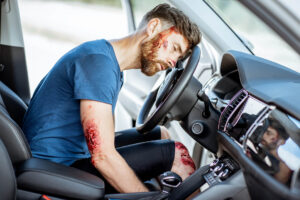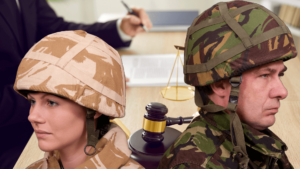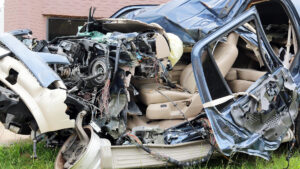Church Liability
Jesus said, “Go out into the highways and hedges, and compel them to come in, that my house may be filled.” Luke 14:23. This scripture prescribes the Christian duty of every Jesus follower to invite and compel vigorously and consistently the unchurched to attend our church services.
However, the barbaric shooting at the historic Emanuel AME Church in Charleston, South Carolina again raised the issues of church liability, safety and security for those who respond to our invitations. In other words, what legal duty, if any, do churches have to protect their members and visitors? This critical question hits home for me especially as a pastor and personal injury attorney who sues people and businesses for their negligent and reckless conduct.
Let me offer some insight on this critical question. Generally, a person has no legal duty to protect others from the criminal acts of third parties. Walker v. Harris, 924 S.W.2d 375, 377 (Tex.1996). Churches, however, have a duty:
- to use ordinary care,
- to protect their members and guests,
- from the foreseeable criminal acts of third parties.
Timberwalk Apartments, Partners, Inc. v. Cain, 972 S.W.2d 749, 756 (Tex. 1998). These three above elements provide the basis for determining whether a church is liable if an assailant shoots someone on its premises. Here’s a brief discussion of each element.
Ordinary Care
First, Black’s Law Dictionary defines ordinary or reasonable care as the degree of care that a prudent and competent person engaged in the same line of business or endeavor would exercise under similar circumstances. Stated differently, ordinary care compares the actions or omissions of a real person with those of an imaginary prudent and competent person in similar circumstances. The real person will be deemed negligent if his actions fall short of the imaginary prudent and competent person.
Church Members and Guests
Second, the duty to protect church members and guests arises because of the unique legal status of church members or guests. The law calls this special class of people invitees. An invitee is anyone who has an expressed or implied invitation to enter another person’s premises, unlike a trespasser. Black’s Law Dictionary 10th Edition. In short, churches must take measures to protect those they invite onto their premises. That imposes some church liability.
Foreseeable Criminal Acts of Third Parties
The third element is whether the criminal acts of third parties are foreseeable. In determining whether criminal conduct is foreseeable, a critical question is whether any criminal conduct previously occurred on or near the property, how recently the criminal conduct occurred, how often it occurred, how similar it was to the conduct at issue, and what publicity was given to the previous conduct to indicate that the premises owner knew or should have known about it. TimberWalk, 972 S.W.2d at 757 and Jane Doe 1 v. Pilgrim Rest Baptist Church, 248 S.W.3d 831, 834-35 (Tex.App. Dallas, 2008). Naturally, these factors should motivate church boards and leadership to increase safety and security measures when the likelihood of more criminal behavior on the church premises was foreseeable in light of past incidents.
Here’s An Illustration
Suppose an intruder enters the premises of a local church and shoots a church member. Additionally, suppose the church had experienced a similar shooting a year earlier but failed to take any actions to prevent further shootings. Under these facts, all three elements are met, and the church is likely liable.
Summary
Essentially, Texas law says that it’s not enough for Texas churches to depend solely on spiritual means to protect its members and guests. Texas churches are wise, therefore, to implement adequate security measures, including having armed security, to protect its members and guests especially if prior violent incidents have occurred on their premises. What’s more, this duty to protect church members and guests is likely greater for churches in high crime areas.





